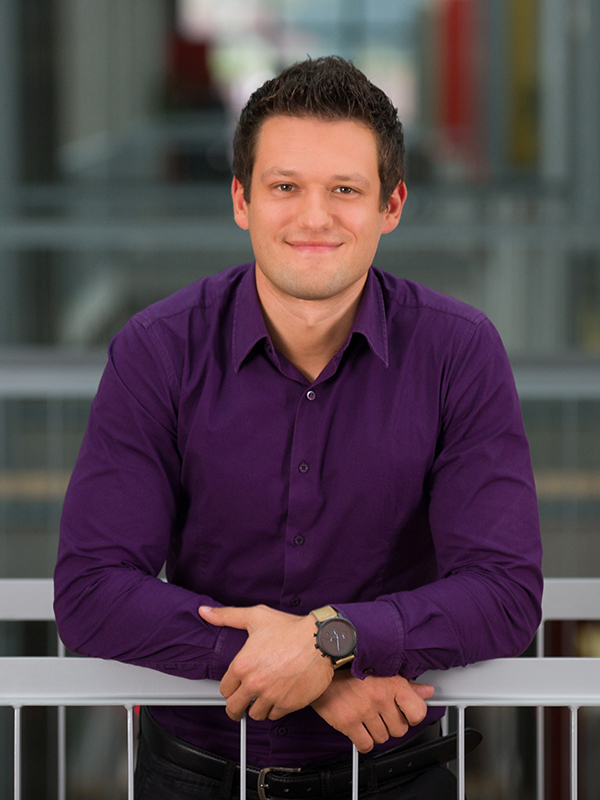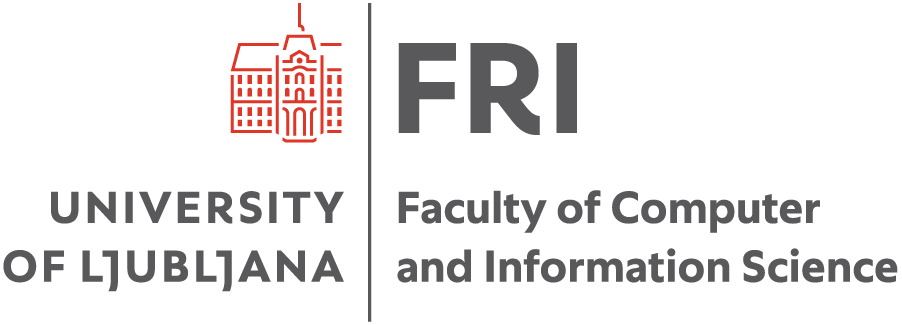- Credits:6
- Semester: summer
- Contents
The course will include selected advanced topics in motion perception using computer vision. Concrete topics will change each year according to trends in this fast developing field. Potential topics will include: (i) optical flow, (ii) tracking by templates, (iii) tracking by discriminative models, (iv) Bayesian probabilistic tracking, (v) deep learning for tracking, (iv) long-term tracking. The course is composed of the lectures in which we will cover the relevant theory and assignments in which the students will implement the basic techniques and solidify the theory.
Coursework consists of 5 mandatory two-week assignments (complete them on your own with consultations with the assistant and professor), starting within the first weeks of the course. The assignments are uniformly distributed throughout the semester. More info available at e-classroom.
The course is quite mathematical and requires understanding of mathematical derivations and a skill to transfer them into programming. The course is thus ranked among the toughest (estimated by students) among all courses at FRI. It isappropriate ONLY for students with solid mathematical and programming skills. The estimated work load per assignment is 10-20h of work. You should select this course only if you are prepared to invest a lot of effort.
- Study programmes
- Distribution of hours per semester
- Professor


